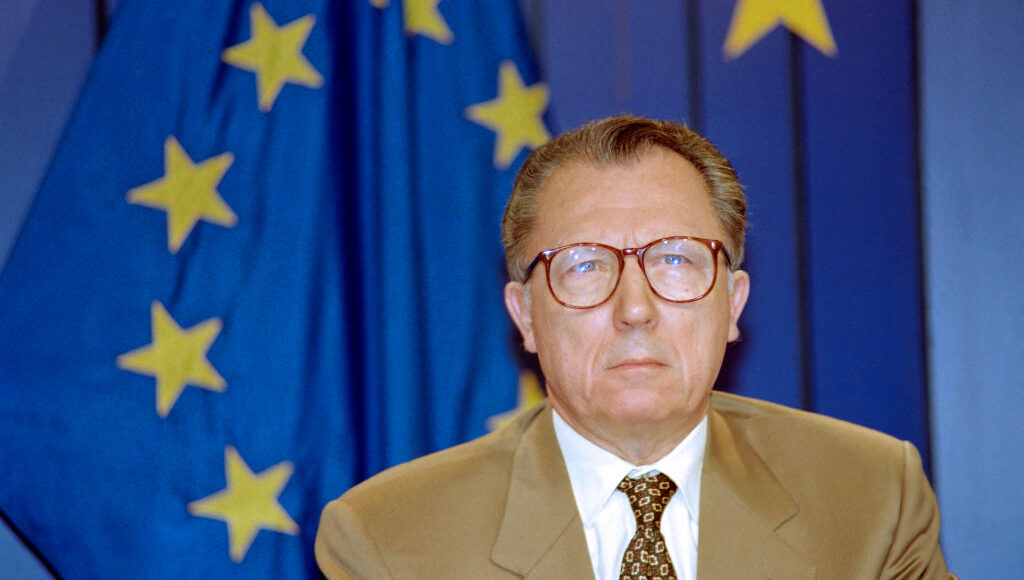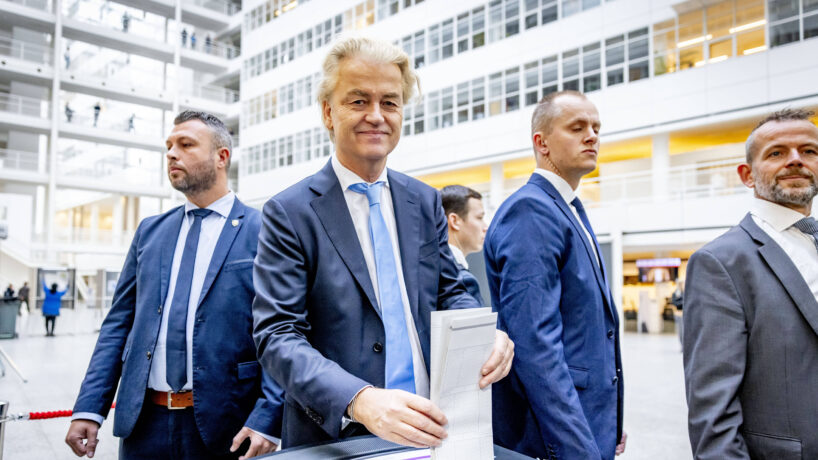


The legacy of Jacques Delors, former President of the European Commission, is currently under scrutiny, especially in light of the rising right-wing populism in Europe. A recent article from UnHerd posits that Delors, who led the European Commission from 1985 to 1995, was instrumental in propagating neoliberal policies that ultimately weakened the European Left [f8e6ea8c].
Delors' tenure coincided with significant changes in the European political landscape. Notably, his advocacy for the liberalization of capital flows and the establishment of a single European currency are seen as foundational steps toward a neoliberal Europe. This shift is argued to have contributed to the decline of socialist and leftist ideologies in Europe, paving the way for the current surge in right-wing populism.
This perspective aligns with the broader discussions about the political dynamics in Europe, where recent news suggests a growing concern about the rise of right-wing parties. Reports from sources like BNN Breaking, U.S. News & World Report, and Public Sénat highlight a populist surge and the increasing influence of far-right parties in European politics [bfa497d1], [8c46edf6], [7972e172].
In addition, a recent analysis from the London School of Economics emphasizes that since the late 1970s, leftist parties in countries like France, Italy, and Spain have increasingly adopted liberal economic policies, marking a significant shift from traditional Keynesianism to market liberalism. For instance, François Mitterrand's Socialist government in France moved from expansive reforms to austerity measures, while Italy's Partito Comunista Italiano shifted focus from radical reforms to wage restraint and fiscal discipline [b0a52f99].
Moreover, Spain's PSOE embraced labor market reforms following Franco's regime, and major unions such as CFDT and UGT supported these liberal policies. This trend has led to the emergence of 'progressive neoliberalism,' which frames neoliberal policies as tools for progressive goals. The increasing alignment of centre-left parties with market liberal positions contrasts sharply with traditional progressive proposals [b0a52f99].
Recent coalitions in Spain, such as PSOE-Podemos and PSOE-Sumar, along with the New Popular Front in France, suggest a potential shift back towards leftist policies. However, the future of leftist policy stances remains uncertain amidst ongoing neoliberal frameworks. The story of Delors and the subsequent shift in European politics underscores the complex interplay between economic policy and political ideology, and the unintended consequences that can emerge over time.